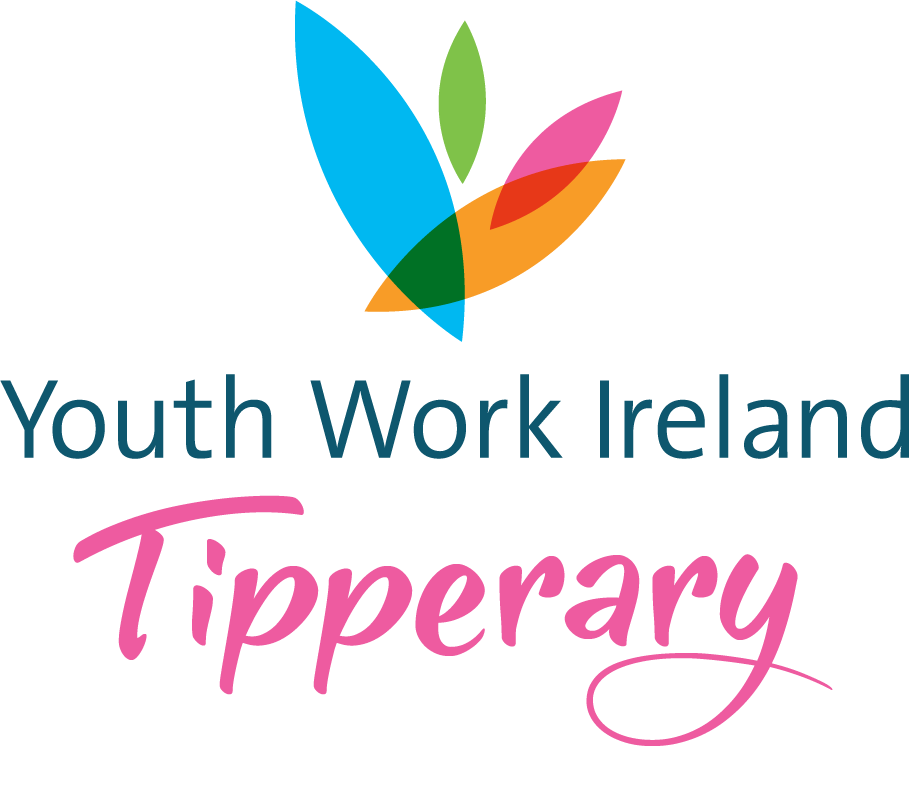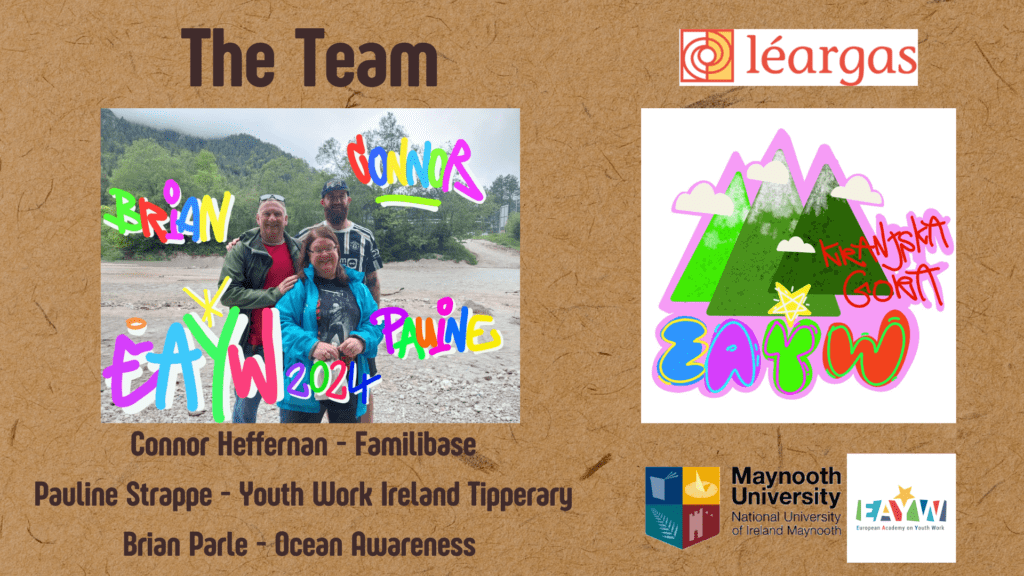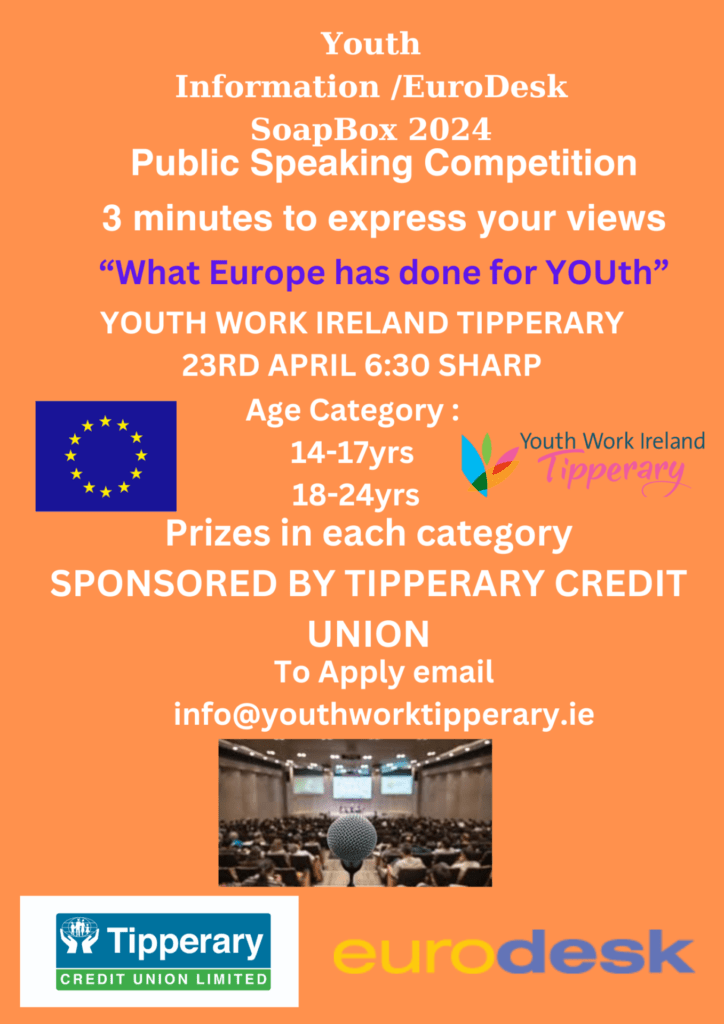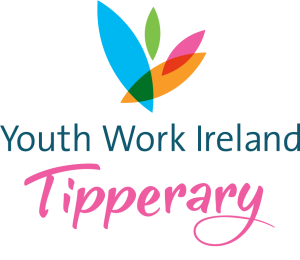Maintaining Connections with our LGBT+ Youth
As a youth worker it is proving challenging to continue our work with the young people in our communities but we are finding new and innovative ways of doing just that. We are continuing to maintain connections and support the most vulnerable groups in our communities, e.g. young people who identify as LGBT+ (lesbian, gay, bisexual, transgender). We are living in difficult times and no one will dispute the fact that measures taken recently, in relation to “lockdown”, have been extraordinary. The whole country is feeling the brunt of physical distancing and/or social isolation. The mental health impacts of this will form the basis for numerous pieces of research, discourse and discovery for years to come.
What is also a fact is this way of living is nothing new for some young people who identify as lesbian, gay, bisexual, transgender (LGBT) or as anything outside the “traditional”, “normal” identities. According to data compiled by the Oireachtas between 5 – 7% of the population identify as LGBT+ (This figure is difficult to quantify as people are still not comfortable in “coming out”. CSO has stated they are examining whether to include a question on sexual orientation in the 2026 census).
By saying not comfortable in coming out, one might get the impression that telling your parents, friends, work colleagues that you identify as LGBT+ is a trivial act. The result for some young people can range from responses like “it’s a phase, you’ll get over it,” to being thrown out of the house. Before the “lockdown” measures came into effect LGBT+ young people, who hadn’t come out to their parents or had and were not accepted, could escape from those oppressive environments by going to school, meeting friends or going to their local youth projects for support. At least in these spaces they could be free to be themselves. Then again, for many LGBT+ young people, school isn’t the safest space either. Recently, a BelongTo report (2019 School Climate Survey) found that 73% of respondents felt unsafe in school, with one respondent stating “You’re better off being quiet in the corner – after sixth year, in college you can be yourself.” Indeed a “Needs Analysis of young people identifying as LGBT+ in Co Tipperary”, which was commissioned by CYPSC (Children and Young People’s Services Committee) and carried out by YWIT (Youth Work Ireland Tipperary) found that young people today are attending school in fear of physical harm. But, now those avenues of escape have been cut off and those young people, who had escaped to college, work or lived in crappy accommodation – but were happy – now have had to move back home and for some, back into the closet.
As a country we have come a long way. When it comes to equality we can be proud of the fact that we are seen by other counties as change makers. On the surface we are an open and diverse nation; after all we have marriage equality and gender recognition legislation. Even so our LGBT+ young people continue to suffer. They still live in fear; fear of rejection by the people they love, fear of being bullied, fear of being physically harmed. LGBT+ young people have always faced increased risk of anxiety, unstable housing and suicide ideation. Positive connections are vital for suicide prevention and long periods of confinement in unsupportive abusive environments will be detrimental to the mental health and wellbeing of this vulnerable group of young people and so it is vital that they are encouraged to stay connected with friends, family or chosen family.
During the Covid19 pandemic online connections are available:
OutStanding LGBT+ Allies Group are a Youth Work Ireland Tipperary group. We meet monthly in normal times. During this time we host a weekly Zoom meeting where we check in with each other and keep our connections going. If you need support or information you can contact Lisa 0877720222, visit our website www.youthworktipperary.ie.
You can contact BeLonGTo on (01) 670 6223 (Monday-Friday from 9am-1pm & 2pm-5pm) or visit belongto.org/contact-us
Parents can also find support: https://www.belongto.org/parents/parent-support-groups/
Transgender Equality Network Ireland https://www.teni.ie/ or call (01) 1 873 3575
Gender Identity Family Support Line (01) 907 3707






